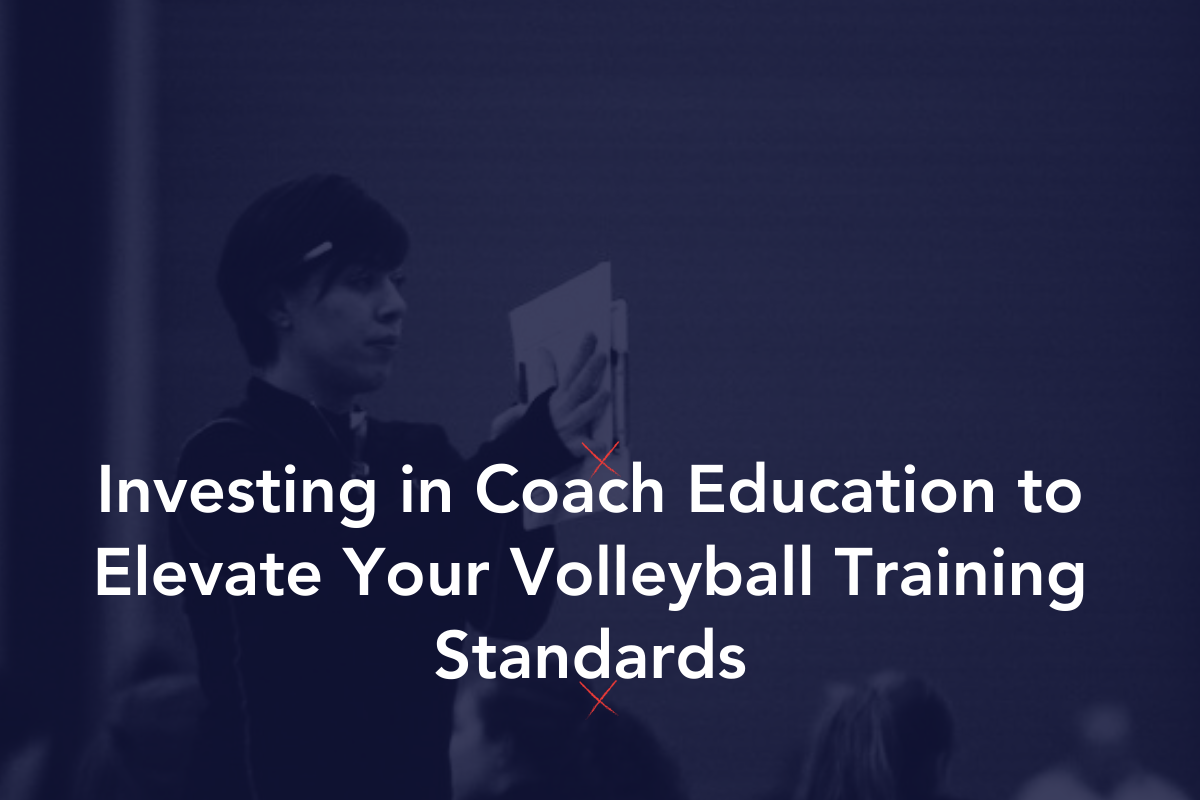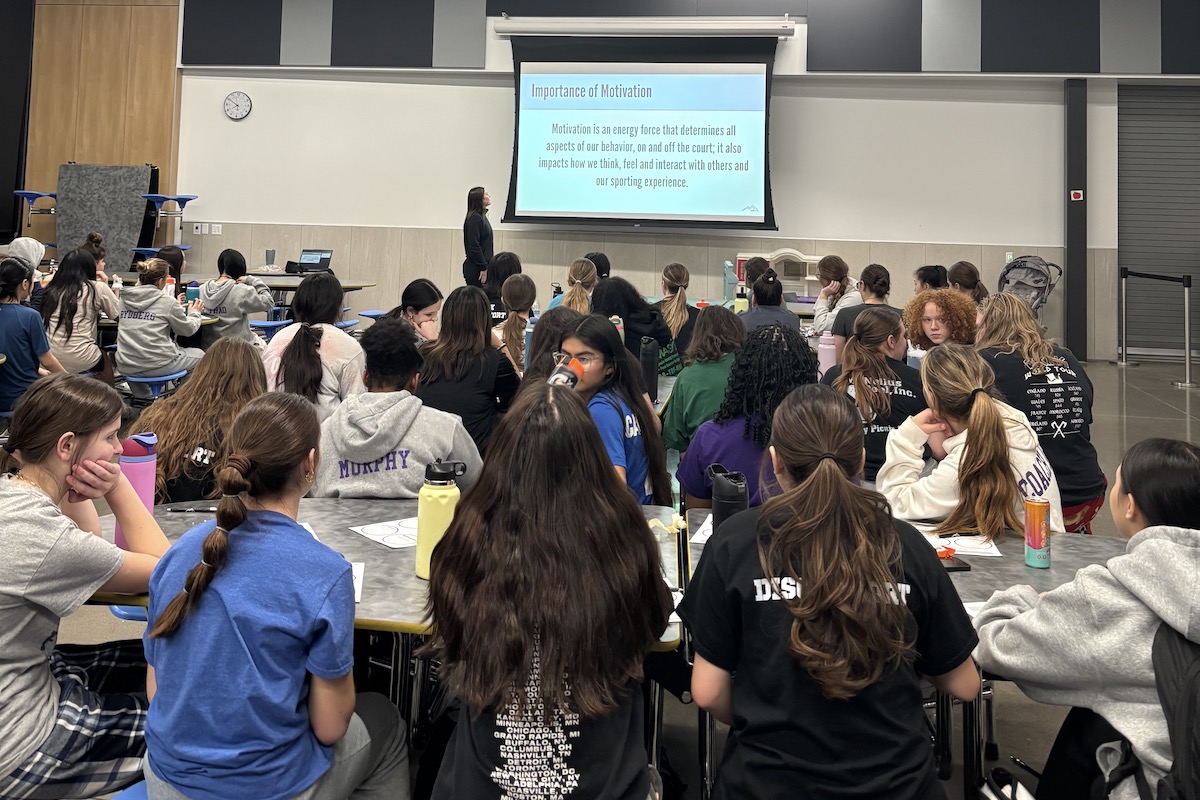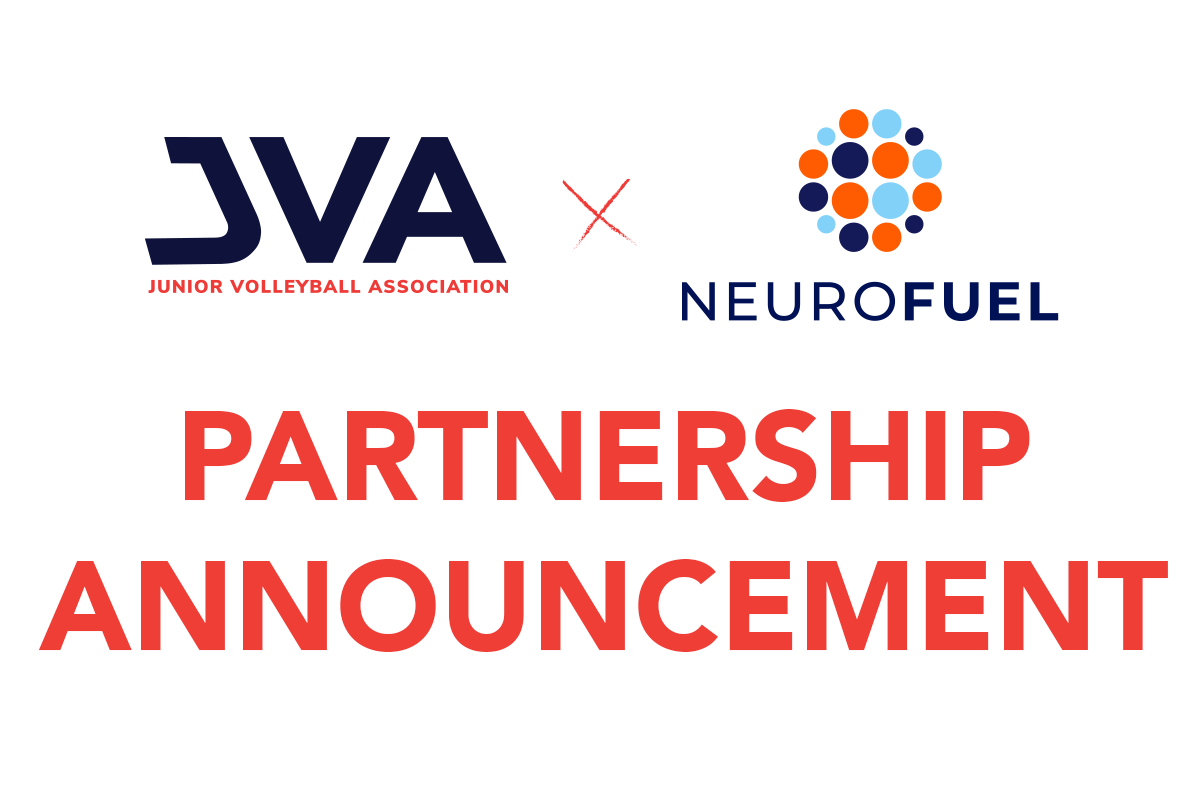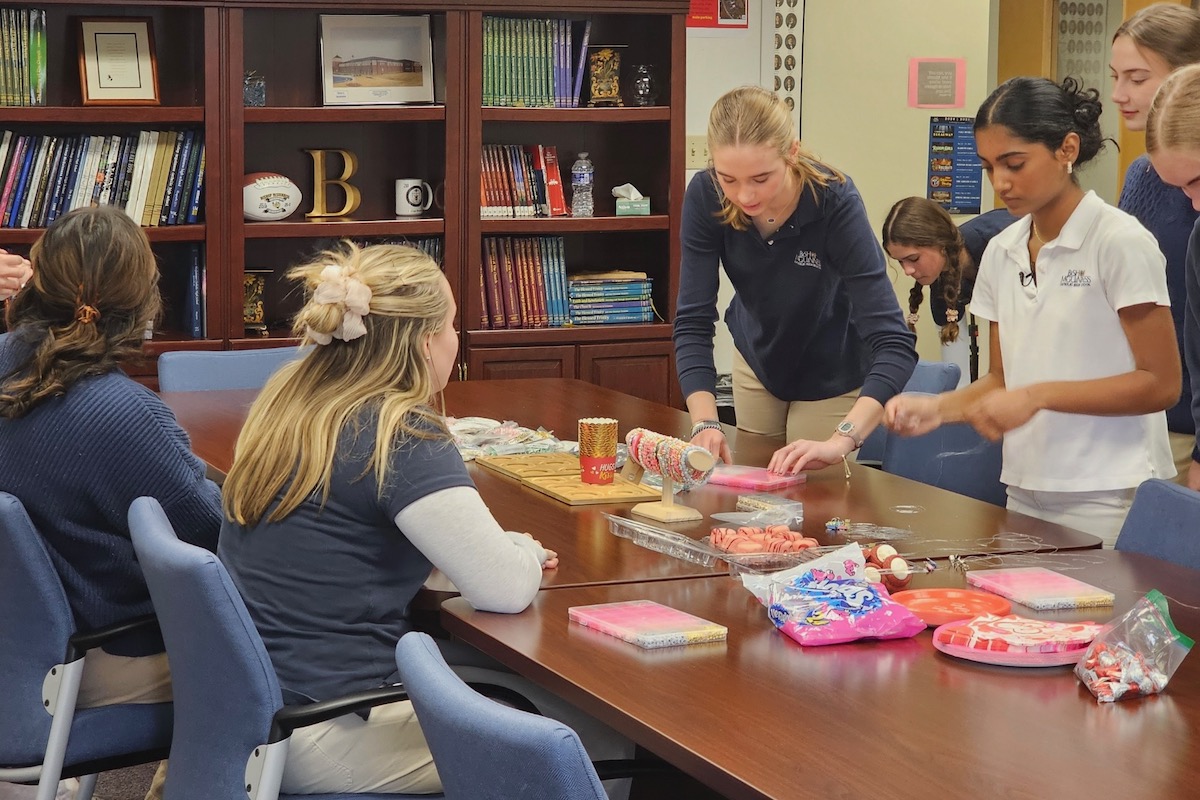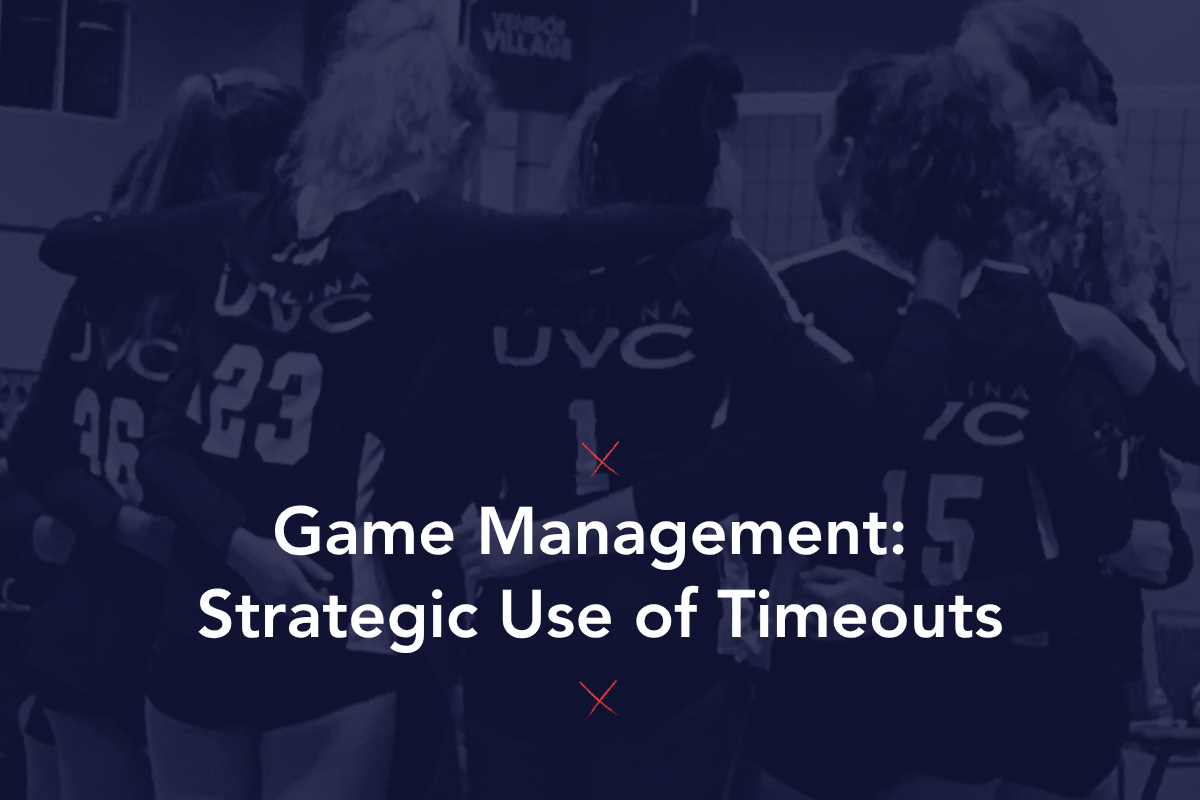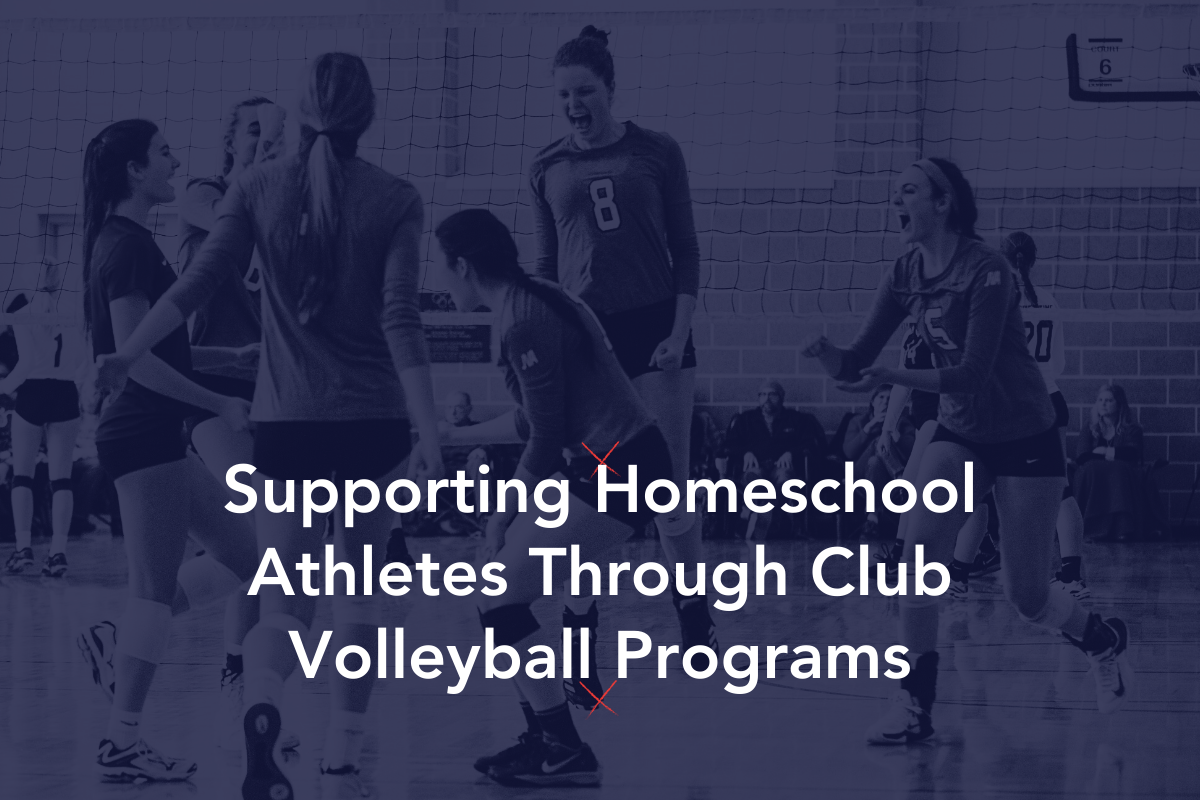At this point most athletes, as well college volleyball coaches are tired of virtual recruiting. It has been challenging to evaluate skill, athletic ability, and character through a device rather than in person. However, there are some ways to make the process more seamless. Eckard Volleyball Head Indoor and Beach Coach Michelle Piantadosi-Lima shares five ways for athletes to be more efficient and pro-active in the recruiting process.
Keep Information Updated
I have come across many recruiting profiles that aren’t updated or there are inaccuracies all over the place. If you have a recruiting page or profile make sure that it’s fully updated and accurate with your height, GPA, block and approach touch. Literally every detail on that page should be updated and accurate so that coaches can get a clear picture of what you bring to the table.
Video is More Important Than Ever
Coaches prefer recent videos, and with the quarantine or lack of playing opportunities many coaches also like to see workouts and other stuff you are doing to better yourself. I have interacted with several recruits that had limited video due to this past club season being cut short, which is understandable, so plan on including your high school footage on your profile as soon as it’s available. Make sure that last season’s high school match film is already on there. In a time like this where you do not have the opportunity to be seen live, you want to have as much video as possible to showcase yourself.
Think of it like this, if a coach has to choose between you and another player that is of equal skill level to you but they have a lot of video and you hardly have any, the other student-athlete will get the call and that process will move along a lot faster.
Lastly, make sure you have good quality video, I have seen some pixelated videos where I cannot make out the numbers! I prefer video that is filmed from behind the court, it gives the best view to really evaluate at the level we need to.
Adapt to the Current Situation
Both coaches and recruits need to be willing to accept that the recruiting process during quarantine is going to look a lot different! Both sides will have to compromise many things that typically take place during the process like watching someone play live, campus visits, meeting the team etc. Luckily most coaches have found some great and creative ways to check those boxes for you so that you can get as close as possible to being there in person. Be willing to work with the coaching staff to get creative and experience the school in a different “virtual” kind of way!
Be Honest and Direct
Finally, don’t be afraid to be upfront and direct in your communication with coaches. Student athletes are trying to find the best fit possible and so are the coaches. Neither party wants to waste much time answering a number of emails from a school or recruit they are not interested in. Ask the hard questions once you have built that relationship, and make the recruiting process as efficient as possible so that you can spend your time focused on the programs that are the right fit for you!
Schedule a Visit or Phone Call
If campuses are open and allow visitors, try to set up an unofficial or official visit with D2 programs. To be clear this is on campus visits only. Some colleges may not allow anyone on campus during this time, so be sure to ask the coach first before making travel plans. Just like NCAA D1, we are not allowed to recruit off campus (July 31st for D2 and August 31st for D1), so if you do plan on attending an event with your club team we will not be there. However, D2 coaches are able to call, Facetime, Zoom etc. This is a great resource to meet your potential future coach and get to know them better.
For more education on the volleyball recruiting process click HERE.
About the Author
Michelle Piantadosi-Lima is the Head Indoor and Beach Coach at Eckerd College in St. Petersburg, Florida. Additionally, as Eckerd’s Senior Woman Administrator, she is a member of the athletics department senior management team and oversees student-athlete well-being and development and serves as the department’s Title IX coordinator.



